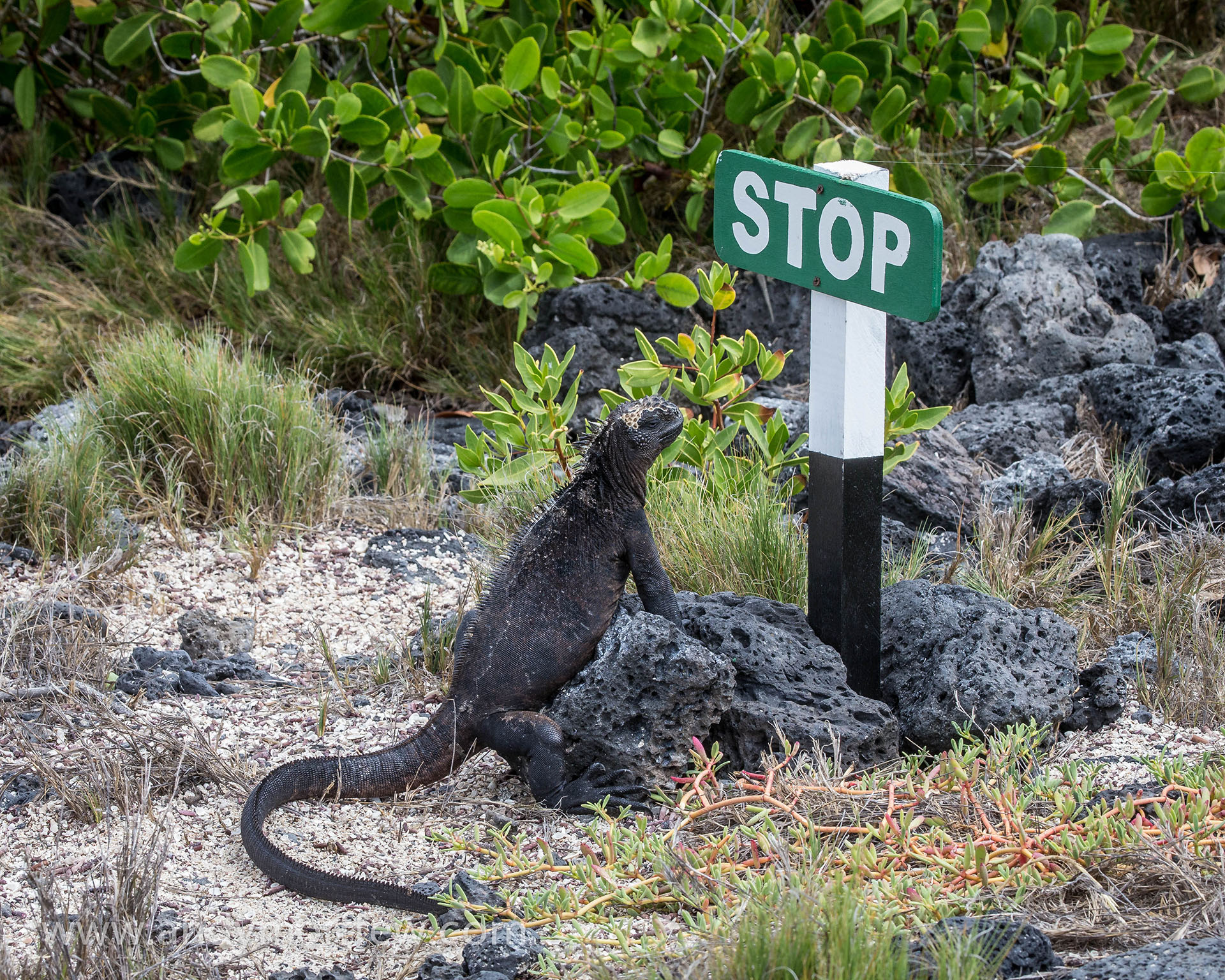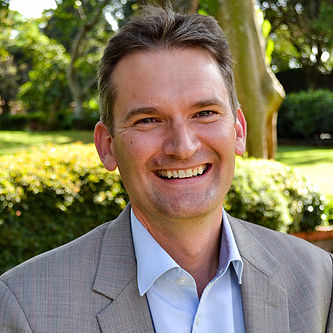Now is the time to stop detrimental behavior and opt for clean choices
In these difficult times, due to the current pandemic, it is important to recognize the role that nature-based solutions, particularly ecosystem conservation and restoration, can play in helping to recover from the current pandemic and limit the risk of new ones.
With biodiversity in freefall and climate change at risk of spiralling out of control, the global community needs to urgently and decisively respond to both these crisis. A green recovery from the socio-economic effects of COVID19 provides an opportunity to bring humanity back onto a sustainable pathway, and build a cleaner, greener and more equitable future: the future we want, as described in the Sustainable Development Goals.
The UN Decade on Ecosystem Restoration is a perfect example of the transformative and urgent change we now need. The UN Decade was adopted by the UN General Assembly on 1 March 2019 as a global effort to bring deforested and degraded landscapes and seascapes into restoration on a large scale between 2021 and 2030.
Initially, an idea put forward by El Salvador, the UN Decade is led by the UN Environment Programme (UNEP) and the Food and Agriculture Organization of the United Nations (FAO) alongside an increasing number of countries, international organizations, foundations, private companies and individuals waking up to the need to fix the damage collectively caused to our common home. It is no longer the responsibility of one country, but the global community. The UN Decade will be a global effort, a joint effort of humankind to restore planet Earth and to ensure One Health for people and nature.
UNEP’s Executive Director Inger Andersen said that “the idea that a thriving natural world is essential to human health, societies, and economies has always been central to UNEP's work. But now UNEP and FAO must provide even more support to countries as they reduce the risks of future pandemics by restoring lost ecosystems and biodiversity and fighting climate change”.
This UN Decade is taking place at a time where popular protests for stronger climate action are growing. There is a clear understanding that if we are to stop biodiversity loss, limit climate change effects, and thereby also reduce the risk of appearance of future zoonotic diseases, we have to conserve what is left – stop the bleeding – but also give patient Earth, who is in the ‘emergency ward’, a blood transfusion. Conservation and restoration need to happen in parallel, and both are now urgent.
Restoring our ecosystems must be included as one of the solutions to help societies recover from the COVID19 crisis. The International Resource Panel included “investing in land restoration and rehabilitation" in its policy recommendations to the Member States, “to limit climate change and its impacts” and to drive a resource smart recovery. And IUCN and the members of the Global Partnership on Forest and Landscape Restoration estimate that for every 1 USD invested in restoration, over 9 USD can be generated in societal benefits through job creation, water and food security, and climate change mitigation and adaptation.
The UN Decade will raise awareness of the immense global restoration opportunities and encourage people to act. Anyone who wants to pick up the baton for restoration is welcome to do so. A consultation on the UN Decade strategy resulted in more than 1,500 supportive comments received from governments and all major groups of stakeholders. The strategy focuses on three pathways: building a global restoration movement; increasing political will; and building the required technical and financial capacity for restoration at scale.
Restoration includes measures to create green jobs, which is one of the key elements for building resilient societies after the COVID19 pandemic. This is even more important in areas that have been impacted the most by the current pandemic, such as rural areas, and where unemployment rates are rising. Only by building functioning economies that work with nature, not against it, can the world’s nations thrive. Stimulating a new restoration economy could provide millions of jobs and increased supplies of goods and services from healthy ecosystems. This could develop, over the coming years, into an annual multi-billion USD market, spurred by the recent interest from private sector companies to invest in ecosystems for climate change mitigation.
Forests are the ecosystem that holds most promise for fast and decisive climate action. Restoring our forests will also help biodiversity, help farm income, stabilize water supply for big cities, stabilize food supply, and will have many other beneficial effects that will help societies recover from this crisis.
The success of the UN Decade will depend on the policy and investment decisions that the Member States will make. It is a unique opportunity to show that a global crisis can also elicit a concerted global response, with thousands of partner organizations pursuing a joint vision: a world where we have restored the relationship between humans and nature, by increasing the area of healthy ecosystems, and by putting a stop to their loss and degradation.

